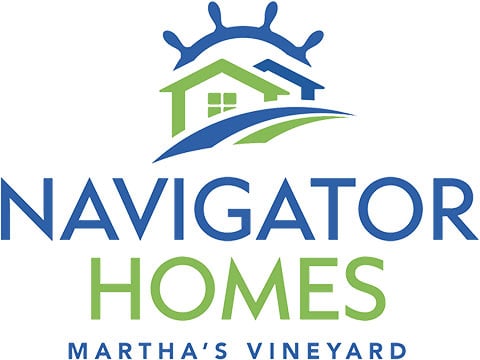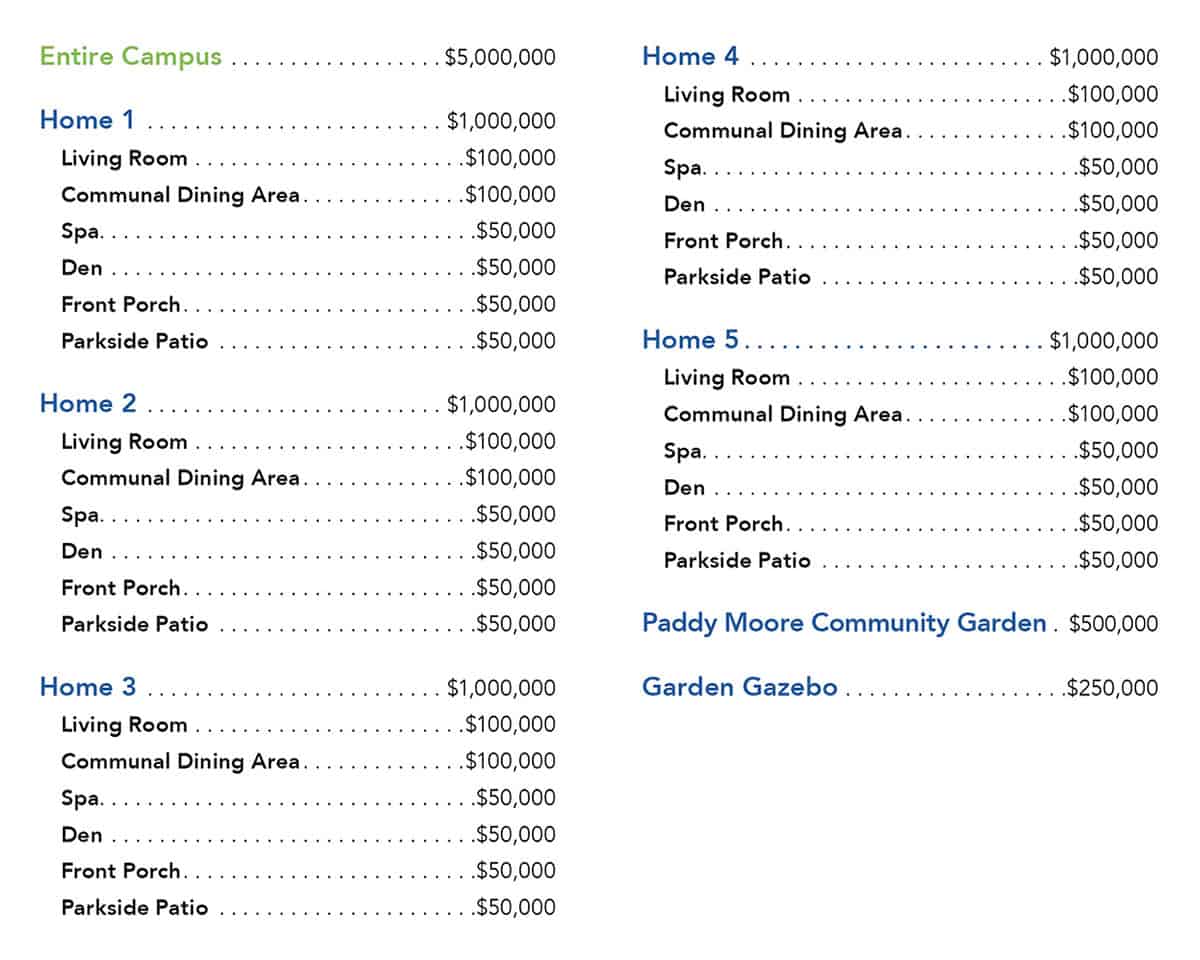In the Green House model, residents live in houses of just 10 to 12 people, each with their own room and bathroom.
Reposted article by Renee Lohman from Boston Globe on April 26, 2021 read original
In Massachusetts and elsewhere across the country, there is insufficient senior housing, and what exists is usually too expensive. Far too often, institutional housing options for elders lead to impersonal living conditions for residents and impersonal working conditions for staff — to the detriment of both. Those working conditions, combined with low pay, have created a shortage of people who want to work with elders, particularly those trained to staff the nation’s nursing homes. At a median salary of just $13.14 per hour, the certified nursing assistants in this country are expected to provide care every day to sometimes as many as 30 frail elders. It’s no wonder that there is high turnover and a dearth of employees to care for our nation’s elders.
One solution may be to shrink senior housing: to “go small” in terms of physical structures and prioritize the human relationships at the heart of elder housing. In one such approach, put forward by the Maryland-based nonprofit Green House Homes, residents live in houses of just 10 to 12 people, each with their own room and bathroom. The administrative bloat involved in such small settings is generally smaller than in larger buildings and creates not only efficiencies that can be passed on to residents and workers, but also a greater opportunity for staff to develop personal relationships with the residents under their care.
The Green House Project envisions homes in every community where elders and others enjoy excellent quality of life and quality of care; where their families and staff engage in meaningful relationships built on equality, empowerment, and mutual respect; where people want to live and work; and where all are protected, sustained, and nurtured without regard to the ability to pay.
My discovery of this model began during my own search for long-term care for my mother. Unimpressed by the skilled nursing homes I toured in Massachusetts, I began a quest to find an alternative that I knew had to exist. My colleagues from the Robert Wood Johnson Foundation helped introduce me to the Green House concept, which its founders had based on a senior housing tradition originally developed in Denmark. I was soon touring Green House campuses across the country, from Detroit to Louisville to East Greenwich, R.I., and to my childhood hometown of Cincinnati.
I reside in Barnstable, which, with a median age of 54, is one of the oldest counties in the United States. With the help of friends and family, I set about to build a company, Navigator Elder Homes, that could scale the Green House model locally, fulfilling the housing gap while replacing the older institutional model. Today, we’re fortunate enough to have been awarded several new Green House model development projects, including a major elder housing development project on Martha’s Vineyard. Funding for the project comes from a combination of individuals and organizations, as well as through a loan from the federal rural development program of the Department of Agriculture.
Perhaps the greatest evidence in favor of the smaller, more hands-on model is how well it’s fared during the COVID-19 pandemic. The Kaiser Family Foundation reports that over the past year, more than 170,000 nursing home residents in the United States died of COVID-19. One study, by researchers at the University of North Carolina-Chapel Hill, has found that the Green House model has led to far fewer cases and deaths from COVID compared with larger nursing homes.
In building a Longevity Hub in New England, the innovation challenge is not always to invent the future locally. It also involves casting a wider net, finding inspiration hundreds or thousands of miles away, and bringing it back home to develop it in New England. If enough people adopt this approach — importing innovation — we can benefit from the world’s experience not just in housing but also in all aspects of later life.
Renee Lohman is president and CEO of Navigator Elder Homes of New England and Navigator Homes of Martha’s Vineyard.



 Please check with the Navigator Development Consultant at 610-246-3488 to confirm availability or adjustments. Named gift opportunities are subject to change.
Please check with the Navigator Development Consultant at 610-246-3488 to confirm availability or adjustments. Named gift opportunities are subject to change.